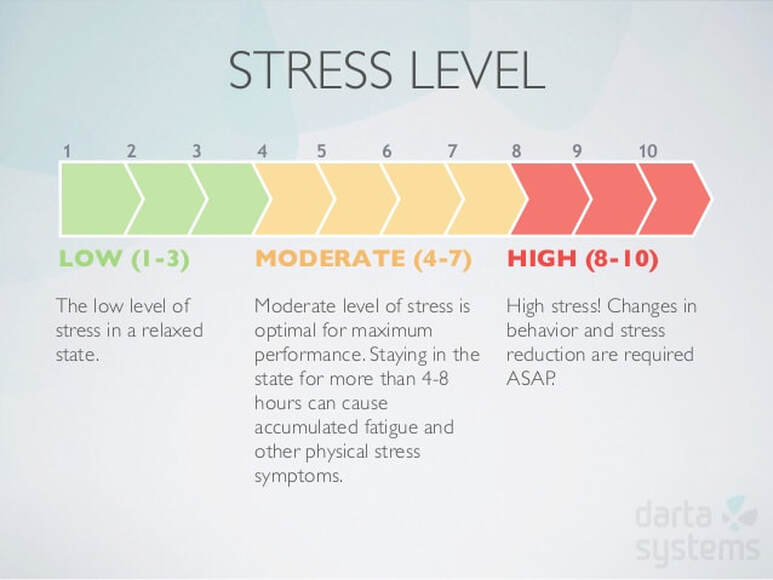Choosing between Being a Contractor or an Employee – Do the Right Thing!
At one point in your career, you’ll probably ask yourself whether you’re willing to be a contractor or if you’ll stick to being an employee for the rest of your career.
As you’d expect, each of these options has its pros and cons, and we’ll help you further understand what may be the best choice for you given your current circumstances as well as what you’ve got in mind for the rest of your life.
Usually, working as an employee is considered to be the safe option, as it’s the steadiest approach to having an income, but for some, the life of a contractor may look more attractive, seeing as it offers more flexibility and even higher potential in terms of how much income you could potentially have.
Well go in-depth about both of these options and help you understand what could work best for you, and once you actually decide, your entire worldview and opinion on working may just change entirely, so stick around to find out more.
The differences
Employee
Before even going into whether you should opt for a steady job as an employee at a company or be a contractor for the rest of your career, we must first make a distinction between the two.
While this could prove to be incredibly complicated to grasp if we were to go into full detail for both of these options, it may be for the best to simplify things, to give you a solid grasp on what you should expect.
The employee status is defined by the US Department of Health and Human Services, and they use several different methods to support their definition.
One good example is that employees are protected by local and federal labor laws and employment laws that may apply to them as well as the application process that usually requires one to apply through a company’s Human Resources department.
On top of this, an employee will receive the W-2 tax form as well as an hourly wage or salary, based on the type of contract they’ve signed with the employer.
Contractor
On the other hand, independent contractors are essentially self-employed, and they’re required to report their income on their own, splitting them into two categories, those being independent contractors and independent proprietors.
Usually, contractors aren’t protected by state or federal laws that would normally apply to employees, and they’re hired through an agreement or a contract with the company they’re applying to.
This is usually done when a company requires assistance with completing a task or providing a service that they normally don’t offer through their employed staff.
Unlike employees, a contractor will have to use a 1099 form to submit their taxes every year, and their income will depend on the type of contract they’ve signed, varying between weekly, daily, or hourly amounts of work they’ve completed.
Pros and cons
In general, employees are much more secure when it comes to income, as their employment is guaranteed as long as they’re doing their job and the company is growing at a steady rate.
On top of this, they’re entitled to numerous benefits like paid time off, health insurance, and many more things that an independent contractor normally doesn’t have access to.
However, working a 9-5 also implies a noticeable lack of freedom, and having to follow a strict work schedule usually means not having enough time to properly focus on the other aspects of your life, or at least not at the beginning of your career.
There’s also the limited amount of overtime that an employee can do, which is defined in their contract, something that doesn’t apply to contractors who are in full control of how much they’re making due to having flexible hours and practically infinite overtime.
This way, independent contractors can gain access to a significantly higher income than a company’s employees have, although that’s due to the company not being forced to pay other expenses such as health insurance coverage and unemployment compensation should the contractor no longer be needed at the company.
Despite there being numerous benefits to being self-employed, this also means that you’ll be dealing with a whole lot more during tax season, and a small error can lead to huge penalties from the IRS.
The verdict
Even though we’ve presented you with the low-down on what separates an employee from an independent contractor, it’s still up to you to decide what’s the best option for you.
If you’re someone who’s ready to obey authority and be part of a team, working as a contractor may not be the best pick for you, as this is much more catered to those looking to be their own boss.
This may work for some whereas it’ll be a logistical nightmare for others, and seeing as very few of us actually enjoy doing taxes, it’s safe to say that being an employee is the much more common option among Americans.
That being said, the benefits of being self-employed are nothing to sneeze at, and if you believe you’ve got what it takes to take on such a great responsibility, then you should at least give it a shot.








